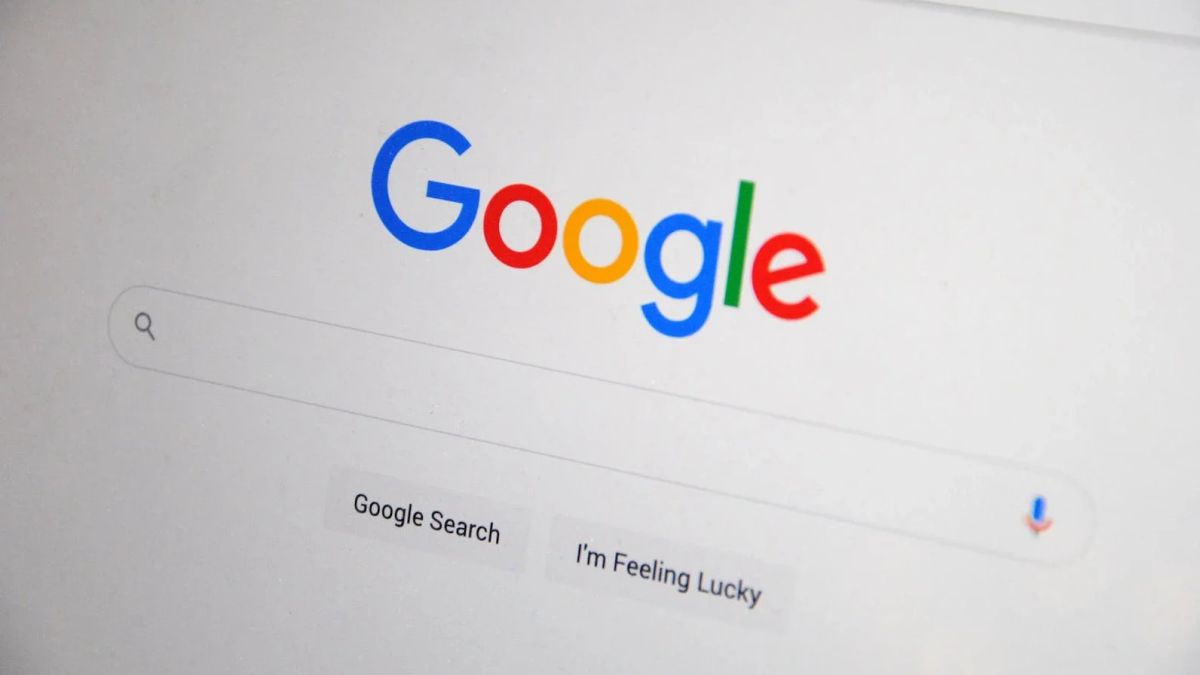JAKARTA - Google has accused India's antitrust agency of ordering changes to its business model "only to protect" its rival Amazon, complaining about its difficulty in developing a modified version of its Android system due to Google restrictions, showing legal documents.
Google has submitted an application to India's Supreme Court to cancel an order from India's Competition Commission (CCI) issued in October, asking the company to make 10 changes to its business model after CCI found that Google was abusing its dominant position in the market with the Android operating system that controls 97% of smartphones in India.
Google's latest submission document to the Supreme Court shows deepening dissent by means of CCI conducting an Android investigation.
In a lawsuit filed in December in lower court, Google said CCI officers had "copy-paste" parts of the European court's ruling against the US company in a similar case. While CCI denied the allegations.
In a CCI order in October, which also fined Google $ 163 million, the company was asked to allow a modified version of the free distribution of the Android operating system, called Android forks, without licensing restrictions such as those related to Google's pre-coupling app.
Amazon notified CCI during the investigation that Google's restrictions hindered the development of its Android fork version called Fire OS, and Google said the watchdog unfairly relied on that in making a detrimental decision against the company, according to a filing document to the Supreme Court on June 26.
Globally, FireOS failed commercially due to poor user experience. In India, Fire Phone didn't even roll out," Google said at the time of arguing in filing the file as many as 1,004 pages, which were not published but reviewed by Reuters.
"Therefore, the Commission calls Amazon's failure to compete in India a failure and attributable it to the Google deal," they added.
"CCI directives are issued "only to protect Amazon - which complains that its efforts to create a forked version of Android are unsuccessful due to restrictions (Google)."
Google itself declined to comment, referring to the ongoing legal process. Amazon also declined to comment, while CCI did not respond to the company's court lawsuit owned by Alphabet, which is scheduled to be heard in the coming days.
In 2021, South Korea will fine Google a fine of 159 million US dollars (Rp 2.3 trillion) for blocking adjusted versions of Android.
VOIR éGALEMENT:
Google is deeply concerned about Android India's decision because the clues given appear broader than the one positioned in the European Commission's 2018 ruling on Android's market abuse by the company.
On the other hand, Google has put up a challenge against orders from South Korea and Europe.
In the October ruling, CCI stated that its investigators found that Google's contract restrictions had "reduced the capabilities and incentives of device manufacturers to develop and sell" devices that use Android forks, which harm consumer interests.
Amazon told Indian investigators that the creation of Fire OS, as an Android fork, requires "substantive resources", including thousands of employee working hours, showing court documents.
Google argued in India's Supreme Court against fines and said they were not abusing their market position. CCI wants Google to comply with all its orders, the supervisor said in a separate filing seen by Reuters.
Google has made major changes to its Android business model in India after receiving CCI orders.
A lower-level court ruled that Google should pay a fine and confirmed that the company was abusing its market position, in accordance with CCI's findings, but the US company continues to struggle in the Supreme Court.
The English, Chinese, Japanese, Arabic, and French versions are automatically generated by the AI. So there may still be inaccuracies in translating, please always see Indonesian as our main language. (system supported by DigitalSiber.id)


















